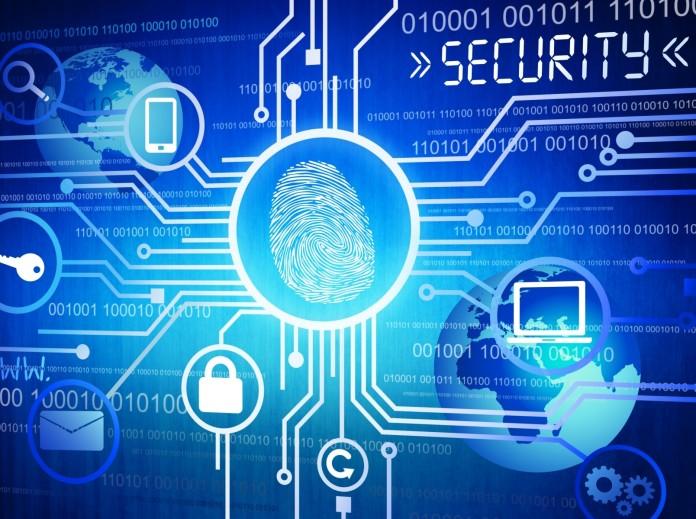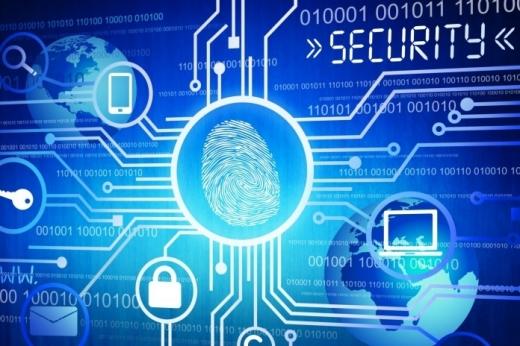Brian K. Payne
By Brian K. Payne
We are relying far more on the virtual world than we ever have. The holiday season is a perfect time to remind us about online safety. In that spirit, consider these fictitious "Twelve Cybersecurity Days of Christmas."
On the first day of Christmas, I answered a spam email and unknowingly sent a $100 gift card to a cybercriminal masking as Santa Claus.
On the second day of Christmas, my computer got two viruses after I visited an unsecure website.
On the third day of Christmas, I received three emails from romantic suitors who wanted to get to know me better. Later I learned the kids call this catfishing.
On the fourth day of Christmas, someone held my computer hostage and demanded that I pay $400 or they would delete all my files.
On the fifth day of Christmas, my boss called me into the office and complained that I spent five hours of work time shopping online and visiting Facebook.
On the sixth day of Christmas, I had six files from my computer disappear. Unfortunately one of those files was my holiday card list.
On the seventh day of Christmas, after being asked my mascot and other questions, I shared seven facts about myself on social media. Someone apparently used that information to guess my password.
On the eighth day of Christmas, the cybercriminal who reverse engineered my password accessed my credit card information and bought eight virus packages for their own computers.
On the ninth day of Christmas, I spent nine hours on the phone trying to get the charges taken off my credit card.
On the tenth day of Christmas, I accidentally posted 10 "photos" of my true love and me online. I blamed it on the person who stole my password.
On the eleventh day of Christmas, my true love wouldn't talk to me. (I'm not saying that's a gift).
On the twelfth day of Christmas, my true love gave to me ... a book with 12 tips to stay safer online.
I wish I had gotten those tips 12 days ago.
To help others, here is a summary of those tips.
First, watch for email scams where the perpetrator asks for gift cards pretending to be your boss. Your boss is paid the big bucks and probably isn't going to ask you for money by email.
Second, heed warnings about unsecure web sites. If you are told not to touch a hot stove, you wouldn't touch it just to find out.
Third, beware of unsolicited email suitors. You're good enough, smart enough and doggone it, people like you.
Fourth, don't fall prey to ransomware schemes. If you are unable to remove the malware yourself, hire an IT specialist to do it. It will be worth the cost.
Fifth, realize that when using your work computer, your privacy rights are limited.
Sixth, make sure you back up your files. If you don't, you may not be able to send holiday cards, which would ultimately mean you will stop getting them.
Seventh, avoid playing those games online where people ask you information about your past. That information can be used by cybercriminals to reverse engineer your password.
Eighth, remember to use malware protection. A recent study showed that cyber offenders use safe cyber practices. Perhaps we can learn from them!
Ninth, review your credit card agreements to see whether they would protect you in these situations. In some cases, if authorized users are believed to play a role in the purchase, they could be liable for the purchase.
Tenth, you should know that any photos saved in the cloud can be accessed by others. Please keep reading this before going to your phone and starting to delete.
Eleventh, it seems worth mentioning that the virtual world cannot be separated from our personal relationships. Bearing this in mind, don't hesitate to shoot your true love a romantic email ... just be sure to do it from your personal email address.
Twelfth, acknowledge that risk exists in cyberspace. Doing so will go a long way toward having a safe holiday season.
Brian K. Payne is vice provost and professor of sociology and criminal justice at Old Dominion University. He also serves as the Director of the Coastal Virginia Center for Cyber Innovation, a regional node of the Commonwealth Cyber Initiative.
Related News Stories
Old Dominion University Partners with HackerU to Launch New Cybersecurity Bootcamp
The training program will help address the talent gap in Hampton Roads, allowing students to learn cybersecurity without prior technology experience. (More)
How to Avoid “Skimmer-and-Shimmer” This Holiday Season
Devices secretly placed into gas pumps and ATMs can play havoc with your bank account, says engineering Professor C. Ariel Pinto. (More)
Center for Cybersecurity Education and Research Becomes the ODU School of Cybersecurity
In response to substantial growth, the first-of-its-kind school opens Oct. 1. (More)







